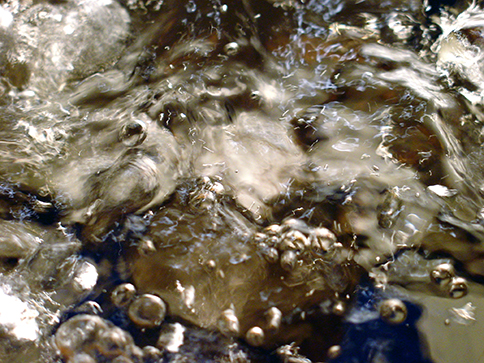Winter is the time when we most value our hot water, whether it is for showers, laundry or even a simple wash. Any problem with the hot water system immediately becomes an emergency, especially if it happens during the busy morning hours.
JEDI Plumbing offers a 24/7 emergency hot water repair service for our customers in Sydney’s North Shore and Northern Beaches – so we’ve seen our fair share of plumbing emergencies! So let’s look at what a hot water emergency might look like, how to handle it, and when to call our helpline.
Types of hot water systems
Water heaters used in Australia are of two kinds: storage and instantaneous. Small households and apartments use the instantaneous (continuous flow) system that heats water when required. These heaters usually run on natural gas and start to heat water only when the tap is turned on. This wastes a lot of water so these systems are useful only for households with low hot water usage.
The more popular hot water systems are the storage kind that store water in an insulated tank. This is a more economical choice for larger households as these systems can make use of off-peak electricity charges or run on natural gas or solar power.

Hot water system problems
Hot water systems can experience a number of problems because of equipment malfunction, age of the system, lack of preventive maintenance or even human errors.
Some common problems that require the help of hot water repair experts are:
- No hot water or not enough hot water for your needs: If the power supply is turned on correctly and the fuse is not blown (for electric systems) or the pilot light is lit up (for gas systems), then the problem might be with the heating system.
If the water through the hot water tap is cold, that means the stored hot water is being exhausted. However, if no water is running through the hot water tap, a call to the emergency hot water repairs person becomes necessary.
If you are using up all the stored hot water, consider using some water-saving techniques like using a low-flow showerhead, using cold water for laundry or attaching flow control valves to sinks, wash basins and bath tubs.
- Water is too hot or too cold: The temperature setting on a hot water system is extremely important as it can impact not only your energy bills but also your personal safety.
For storage systems, the temperature should ideally be set around 60°C. This is the optimal temperature for minimising energy bills, while preventing growth of harmful bacteria in the storage tank.
For continuous flow systems, the temperature is usually set around 50°C. If you feel that the water is too hot, there might be a problem with the temperature limiting valve. Very hot water can cause scalding, so the heater should be repaired as soon as possible and care should be taken when using it in the meantime.
If the water is too cold, again it means that your hot water usage is too high.
- Leaking hot water cylinder: Surface condensation is a normal part of working for all water heaters. For storage heaters, you might notice a wet patch where the tank sits, especially during colder conditions.
But if the water leakage is continuous and substantial, it means that the heater is not functioning efficiently. This is one of the warning signs of a failing hot water system and must be repaired or replaced immediately. It usually happens in very old systems due to internal corrosion of the cylinder walls.
Preventing problems
Typically, a hot water system has a life of around 10 years, after which it must be replaced. In order to keep it functioning optimally, it is necessary to have it installed and maintained properly.
- Choose the right-sized system for your household to prevent overuse. Buying a system with a higher EnergyStar rating will save you money in the long run, as more stars imply higher energy efficiency.
- To minimise heat loss, install your system close to as many hot water usage points as possible. Locating it close to the kitchen is also optimal as you continually need small amounts of hot water in the kitchen.
- Adding extra insulation to your storage tank can reduce energy usage. Closed insulation of exposed pipes for the first two metres from the heater also reduces energy loss.
- If you are going away on holidays, turn off your hot water system.
- Keep an eye out for problems like discolouration of water, small leaks or running out of water even though you haven’t changed your water usage habits.
- Have your hot water system checked by licensed technicians (like our team at JEDI Plumbing) at least once a year.
Like with anything else, emergency hot water repairs cost most than regular repair.
Residents of Sydney’s North Shore and Northern Beaches can call on our team at JEDI Plumbing for all their hot water system problems – including emergency hot water system issues.
Call us on 0411 774 381 for all your hot water system queries.

